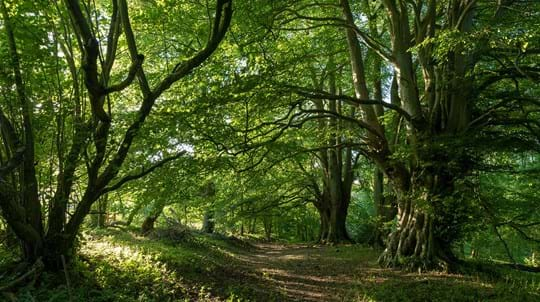
Trees woods and wildlife
Habitats
Discover more the rich and varied types of woodland around the UK and its special and often spectacular wildlife. From lush temperate forests, to orchards and old hunting grounds.

Volunteer content writer
Plants are the unsung heroes of our world, silently working behind the scenes to keep our planet thriving. From the air we breathe to the food we eat, their importance can hardly be overstated. Let's take a look at some of the wonders of the plant kingdom and why protecting plants, especially trees and woodland species, is crucial for our future.
Oak trees help support an incredible 2,300 different species of wildlife!
Almost all animal life depends on plants in some way for its habitat. From rainforests to hedgerows and mangrove swamps to scrubland, plants and trees create an immense variety of habitat for all kinds of wildlife. Native trees like oak and birch play a particularly vital role in preserving biodiversity, ensuring that our ecosystems remain vibrant and resilient.

Trees woods and wildlife
Discover more the rich and varied types of woodland around the UK and its special and often spectacular wildlife. From lush temperate forests, to orchards and old hunting grounds.
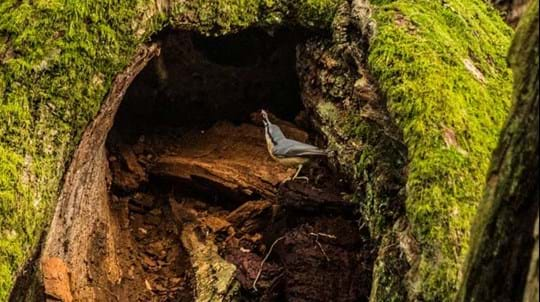
Trees woods and wildlife
Our fantastic oaks support more life than any other UK native tree. Discover which species live and feed on oak, from foxes and fungi to bats and beetles.
In the ongoing battle against climate change, plants are surely our greatest allies. Through the almost magical process of photosynthesis, trees and plants absorb carbon dioxide and release life-giving oxygen, helping to regulate our planet's climate. By planting more trees, we can bolster this natural defence mechanism and help to mitigate the impact of global warming.
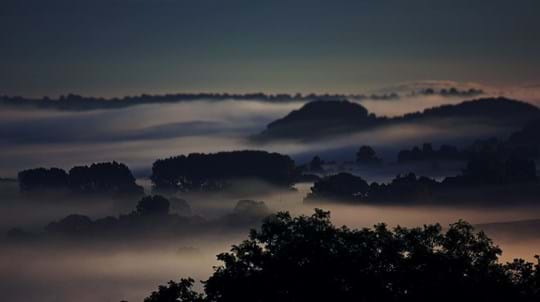
Trees woods and wildlife
Trees are one of the best natural climate change solutions. Find out how they lock up carbon and how many the UK needs to reach carbon net zero by 2050.
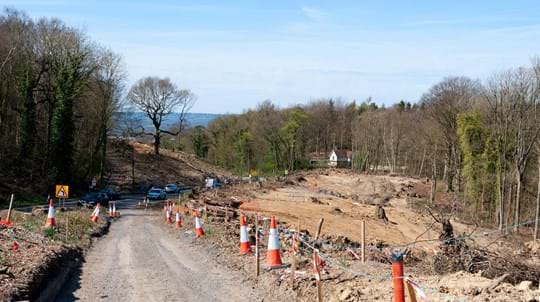
Blog
Nick Atkinson • 04 Mar 2019
Blog
Nick Atkinson • 24 Apr 2019
Take a stroll, wheel or jog through any park or woodland, and you'll soon discover the restorative power of nature. Green spaces teeming with trees and plants offer a sanctuary for the soul, reducing stress, boosting mood, and promoting physical activity. By cultivating and preserving green havens within our communities, we can foster healthier, happier humans and a greener planet to boot.

Trees woods and wildlife
Along with improving our quality of life, woods and green spaces can help make us physically and mentally healthier.

Blog
Charlie Mellor • 05 Aug 2020
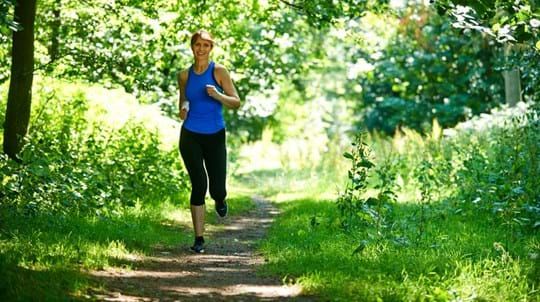
Blog
Hannah Vickers • 14 Jan 2019
The most common tree in London is the London plane, which is valued for its ability to withstand and absorb pollution.
In the busy urban landscape, plants serve as nature's air purifiers, filtering out pollutants and toxins from the environment. Trees, in particular, act as guardians of our air quality, absorbing carbon dioxide, nitrogen dioxide and sulphur dioxide, while releasing fresh oxygen.
Where would we be without pollinators like bees, butterflies and birds? Without them, we probably wouldn’t last very long! Just as plants need pollinators to reproduce, pollinators also need plants for their food and shelter. By planting native wildflowers and creating pollinator-friendly habitats, we can support these tireless workers and, crucially, help to safeguard our own food supply.
Beneath the surface, the roots of trees and plants anchor the soil, protecting it from erosion caused by wind and rain. In regions prone to erosion, plant life plays a crucial role in preserving fertile land and preventing landslides. By nurturing healthy trees and plants, we can fortify our soil, help prevent flooding and protect livelihoods.
In a nutshell, the greater the diversity of plant and animal life in an ecosystem, the healthier and more resilient it generally is. Diverse plant life sustains a rich tapestry of ecosystems, many teeming with unique flora and fauna. In the UK, ancient woodlands support more species than any other land-based habitat, so it's especially important to protect the woods we already have as well as planting more.

Woodland is home to a wealth of wildlife. If we don't protect what we have left and work to create woodlands of the future, we stand to lose more than just trees.
Discover what trees offerPlants really are the lungs of our planet, sustaining ecosystems, feeding us and enriching our lives in countless other ways. Indeed, they are the very things that make life on Earth possible. It is our collective responsibility to protect and nurture these precious natural wonders for the health of ourselves and of our planet. Whether by planting native wildflowers in our own gardens or participating in community tree-planting initiatives, each of us can make our own small difference.
We're giving away hundreds of thousands of trees to schools and communities to ensure everyone in the UK gets the chance to plant a tree.
Find out more
Plant trees
Whatever your reason for planting, trees have far-reaching benefits for all of us.
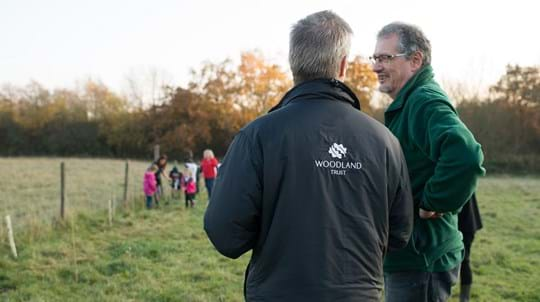
Plant trees
Thinking of planting trees, but need some help? Explore advice on choosing the right tree species, location, how to plant and aftercare.
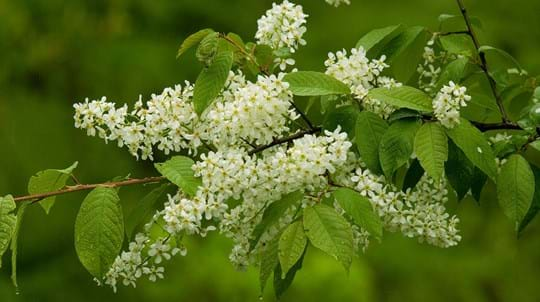
Blog
Helen Keating • 08 Nov 2021
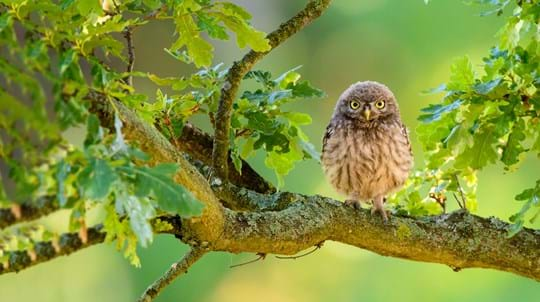
Blog
Charlie Mellor • 02 May 2023
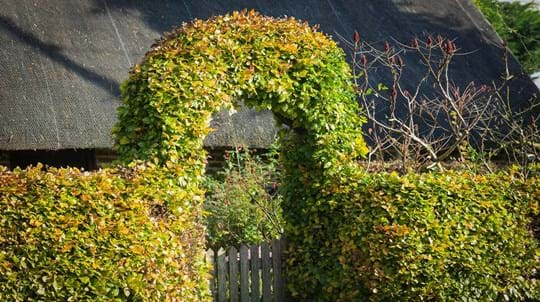
Blog
Helen Keating • 23 May 2023
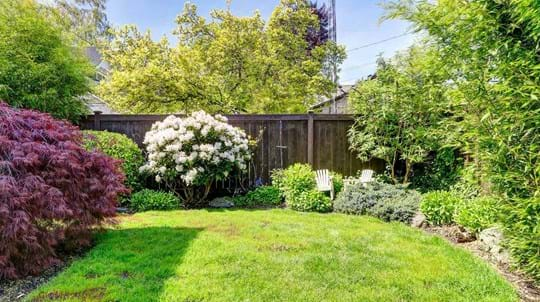
Blog
Becca Smith • 07 Oct 2022